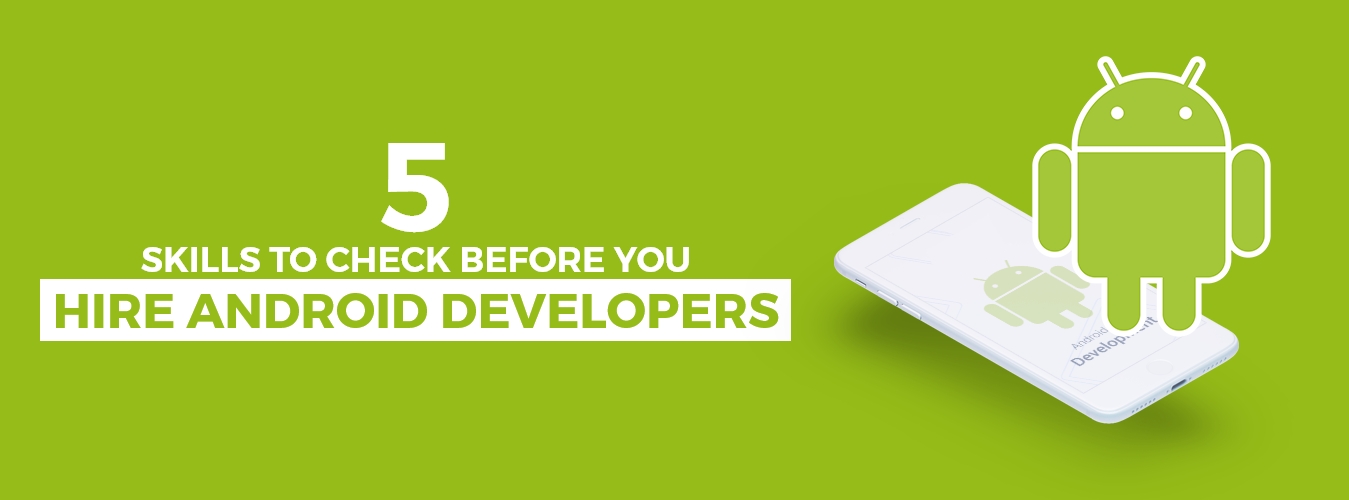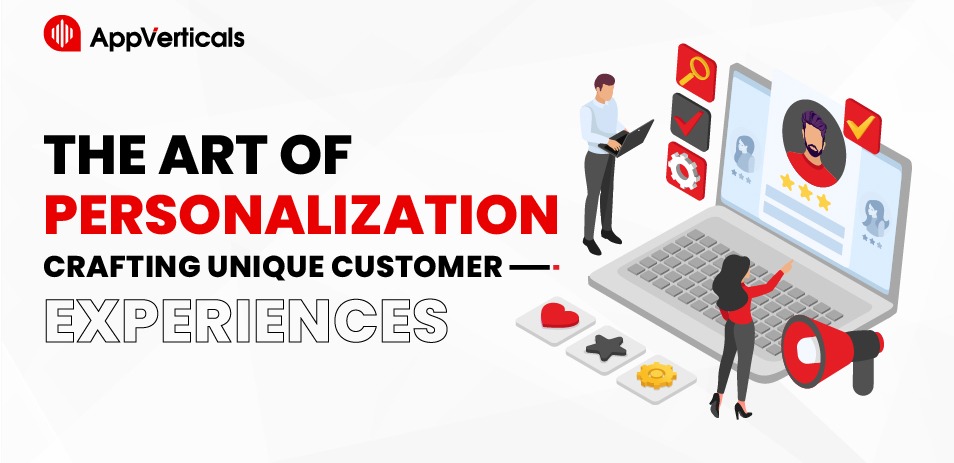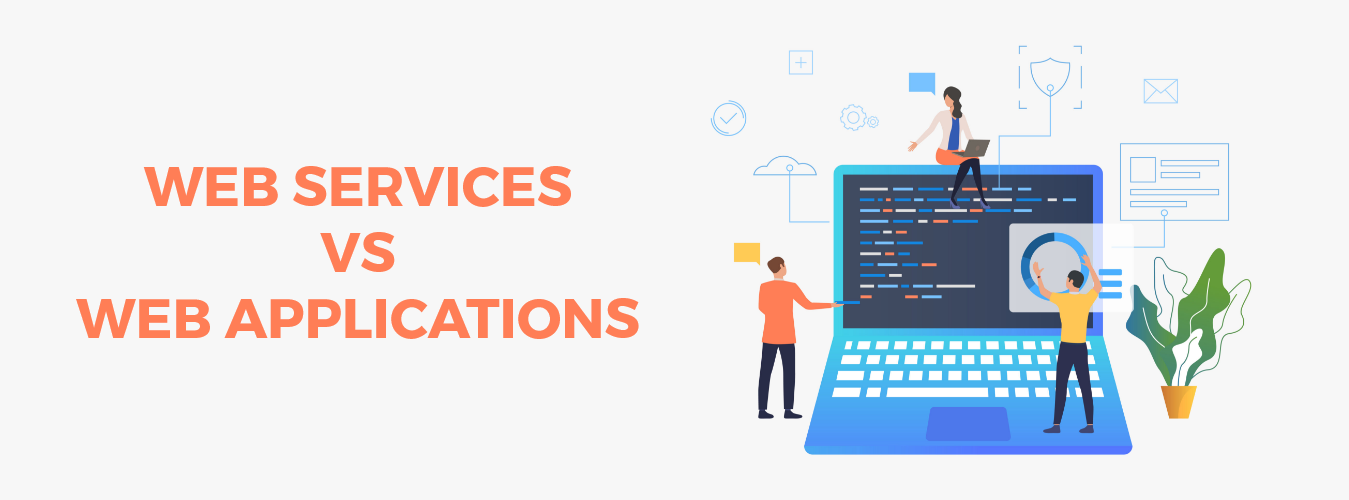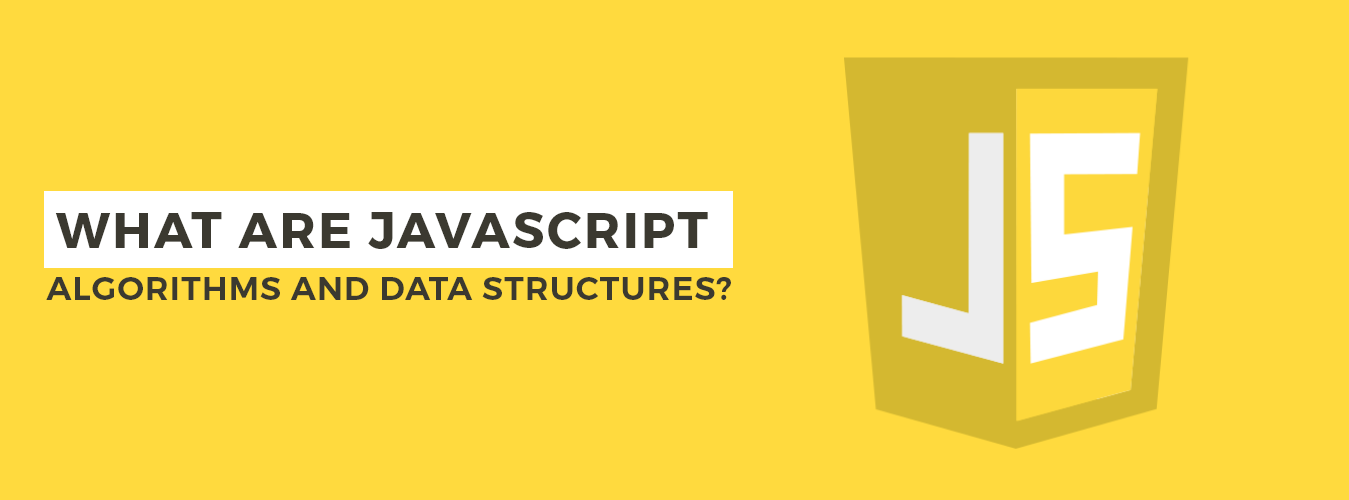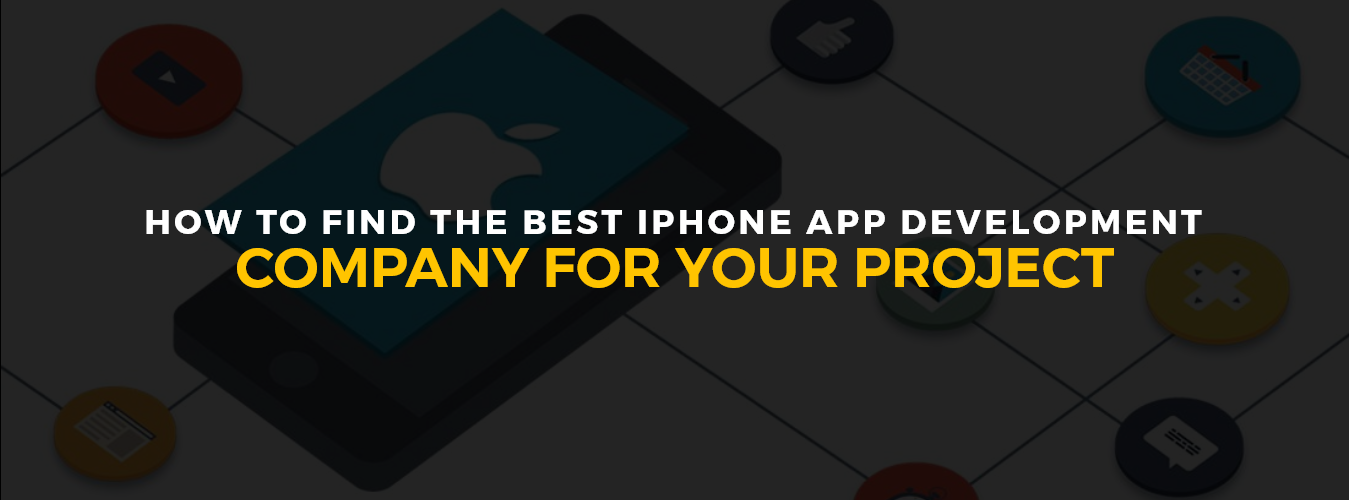Crafting Your Ideal Mobile App/Experience Starts Here!
Ready to elevate your business? Your custom app is just a click away.
Yes Let’s goWhen hiring Android Application Developers, ensuring they have the necessary skills and expertise to develop high-quality applications is crucial. With the growing demand for Android applications, finding developers with the right combination of technical and soft skills is becoming increasingly important. In this context, this answer will outline five essential skills to check before hiring an Android developer, including proficiency in Java and Kotlin programming, knowledge of Android frameworks and libraries, understanding of UI/UX design principles, knowledge of database management, and understanding of the software development lifecycle.
Five essential skills to check before hiring an Android developer
Java and Kotlin Programming
Java and Kotlin are the two main programming languages for Android app development. Kotlin is a relatively new, modern programming language that has been gaining popularity in recent years. Java is a widely used, high-level programming language.
Proficiency in Java is essential for Android developers since the Android operating system is based on Java. A good Android developer should understand Java’s object-oriented programming concepts, including classes, objects, interfaces, and inheritance. They should also understand data structures and algorithms, which are critical for building efficient and scalable Android applications.
Kotlin, on the other hand, is a modern programming language designed to address some of the shortcomings of Java. Kotlin is more concise, safe, and expressive than Java, making reading, writing, and maintaining code easier. Hire Android developers who are proficient in Kotlin can develop applications with cleaner and more concise code, reducing the likelihood of errors and improving the overall quality of the application.
In summary, Java and Kotlin are the two primary programming languages used for Android app development, and a good Android developer should be proficient in both. Java is the foundation of Android development, and Kotlin can enhance the code quality and reduce errors, making it essential for developers to understand both programming languages well.

Knowledge of Android Frameworks and Libraries
Android developers use a variety of frameworks and libraries to build high-quality and feature-rich applications. Frameworks and libraries provide pre-built code and functions that can be integrated into the application, saving developers time and effort.
One essential framework for Android app development is the Android SDK, which provides a range of tools and libraries that developers can use to create Android applications. Another popular framework is the Android Jetpack, which includes a suite of libraries that help developers build robust, high-quality Android applications. These libraries include Room for database management, LiveData for real-time data updates, and Navigation for in-app navigation.
Libraries such as Retrofit and OkHttp are also essential for developing Android applications that communicate with web services. These libraries simplify the process of making network requests and handling responses, making it easier for developers to work with APIs.
Also Recommend: WooCommerce vs. Shopify
Finally, libraries like Glide and Picasso are useful for handling images in Android applications. These libraries offer a range of functions, such as caching and resizing images, that make it easier for developers to manage images in their applications.
A good Android developer should have a solid understanding of Android frameworks and libraries. These tools can significantly reduce development time, improve application performance and functionality, and make it easier for developers to build high-quality Android applications.

Understanding of UI/UX Design Principles
UI/UX design is a critical aspect of Android app development, and an Android developer should have a solid understanding of the fundamental principles of UI/UX design. A good user interface (UI) design is essential for creating an intuitive and visually appealing application that enhances the user experience (UX).
UI/UX design principles include color theory, typography, layout, and user flow. The right color palette can create a sense of harmony and balance, and typography plays a crucial role in legibility and accessibility. A clean and well-organized layout is essential for creating an intuitive user interface, and the user flow should be smooth and logical to ensure a positive user experience.
Android developers should also understand the importance of responsive design, ensuring the application works well on different screen sizes and resolutions. They should be able to create adaptive layouts that adjust to different devices’ screens, making the application accessible to a wider audience.
Finally, understanding the importance of accessibility is crucial for creating inclusive applications that people with disabilities can use. An Android developer should be familiar with accessibility guidelines and implement features such as alternative text for images, high-contrast mode, and keyboard navigation.
In summary, a good Android developer should have a solid understanding of UI/UX design principles. These principles are essential for creating an intuitive and visually appealing application that enhances the user experience and ensures that the application is accessible to a wider audience.
Knowledge of Database Management
Database management is essential for Android developers, as many Android applications require persistent data storage. Android developers should understand database management systems well and be able to design and implement efficient database architectures for their applications.
One popular database management system for Android applications is SQLite, a lightweight relational database management system that is integrated into the Android operating system. Android developers should be familiar with SQLite and understand how to create and manage SQLite databases using the Android API.
In addition to SQLite, Android developers should be familiar with other database management systems such as MySQL, MongoDB, and Firebase. Knowledge of these systems can help developers create more complex and robust applications that require more advanced database functionality.
Developers should also understand how to use Object Relational Mapping (ORM) frameworks such as Room to simplify database management. By mapping database tables to object-oriented programming classes, ORM frameworks can help developers create more efficient and organized code.
Finally, developers should be familiar with data migration techniques to ensure that their applications can handle updates and changes to the database schema without losing data. They should understand how to write database migration scripts and test these scripts thoroughly to ensure that the application’s data integrity is maintained during updates.
Understanding of Software Development Lifecycle
The Software Development Lifecycle (SDLC) is a process that outlines the steps involved in the software development process, from the initial planning and requirements gathering to deployment and maintenance. An Android developer should have a solid understanding of the SDLC to ensure that they can develop high-quality and efficient applications.
The SDLC consists of several phases: planning, requirements gathering, design, development, testing, deployment, and maintenance. Android developers should understand the importance of each phase and how they can contribute to ensuring that the application is developed and maintained to a high standard.
During the planning phase, developers should work with stakeholders to define the application’s goals and objectives, identify user requirements, and determine project scope and timelines. In the design phase, developers should create the application’s architecture, define the database schema, and design the user interface.
In the development phase, developers should write code that follows best practices and adheres to coding standards. They should also conduct testing throughout the development process to identify and fix bugs and ensure the application meets the user requirements.
During the testing phase, developers should conduct extensive testing to ensure that the application functions as expected and meets the user requirements. In the deployment phase, developers should ensure that the application is deployed correctly and that end-users can access the application.
Finally, in the maintenance phase, developers should address any bugs, performance issues, or security vulnerabilities and make any necessary updates or changes to the application.

These are just a few of the many skills that an Android developer should possess. By assessing these skills, you can Hire Android Application Developers who can deliver seamless mobile apps.
Crafting Your Ideal Mobile App/Experience Starts Here!
Ready to elevate your business? Your custom app is just a click away.
Yes Let’s go
